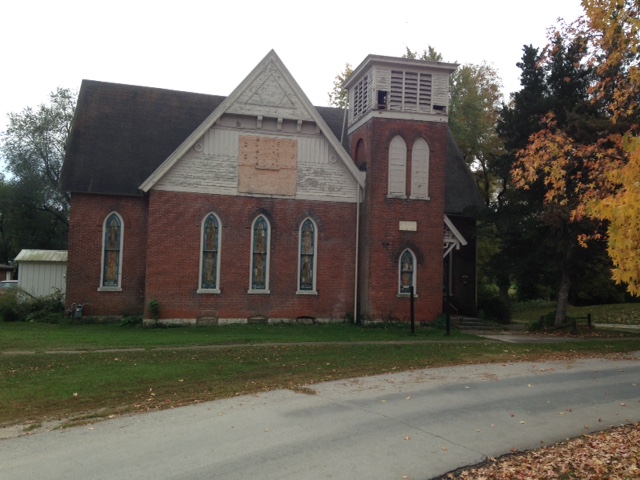The Catholic tradition varies in a number of ways from the Protestant model in regard to leadership. The hierarchical model of the Catholic tradition does not allow for the hiring and firing of pastors at the local level. Pastors are assigned by their bishop and there is not a vote among the members of the congregation in regard to choice of pastor. There are pros and cons to both methodologies.
I don’t want to cover all of the variances in church leadership. I simply want to focus on one statement from Dr. Rainer that appears on his website. He said, “Decline is not an event. It’s a process.” If leaders in the church were able to see this process happening, what would change in our congregations? Unfortunately, the decline is generally unnoticed until the rapidity has accelerated and the options for reversing the trend are limited. What is a leader to do?
A pastor may sometimes attempt to make changes to address the decline. Resistance is a mild way of describing what the pastor encounters. The movie Clergy Killers paints a more vivid and detailed description of what pastors face on a regular basis. Creating a sense of unity among parishioners who are pursuing the same vision is no easy task. Personal agendas, pet projects, worship styles, music preferences, and a long list of other items all play a role in setting the tone and tenor of personal relationships among parishioners as well as between parishioners and the parish leadership. Setting a vision and generating enthusiasm behind that vision requires effective leadership skills and a lot of prayer.
The process of decline can happen on many different levels. The frustration of the pastor will grow if resistance is the norm rather than the exception to day-to-day life in the church. Frustration will lead to other negative qualities such as apathy, depression, fatigue, and hopelessness. Parishioners who do not feel that their needs are being met may also experience frustration, anger, sadness, cynicism, and hopelessness. This is a recipe for continued decline and the extinguishing of the fire of the Holy Spirit among the congregation.
The theological virtue of hope isn’t simply wishful thinking. We believe in the grace of our Lord, Jesus Christ, the love of God the Father, and the communion, fellowship, and power of the Holy Spirit. We are people of hope and hope does not disappoint. This doesn’t excuse us from working hard and collaboratively in our parishes to successfully build up the Kingdom of God. God works in and through each of us. We are blessed to be members of God’s family but there is also a corresponding responsibility that comes with that grace. Are we responding to God’s call in our lives?
Is your parish blossoming and bearing significant fruit? If it is, GREAT! How will you keep it going? If it is not bearing good fruit in abundance, what will you do to help turn the tide? A vibrant faith community requires the gifts of many people. What are your particular gifts? How are you using them for the good of the people?
Finally, ministry can’t simply be focused on the congregation. Dr. Rainer points out very distinctly that a congregation which only focuses inward is in serious decline. We have a mandate to be faithful witnesses to the world. What opportunities do we get on a regular basis to be that type of witness?
Are we fulfilling our baptismal call to holiness? It isn’t just about showing up for church on Sunday. It is a way of life seven days a week. Is your personal faith journey growing and flourishing? Subsequently, is your parish flourishing, or do you perceive it to be in decline? Regardless of the answer, what role do you have as we move forward in faith, hope, and love? Will you actively support the work of your parish so that it is a beacon of light in the world?

 RSS Feed
RSS Feed
